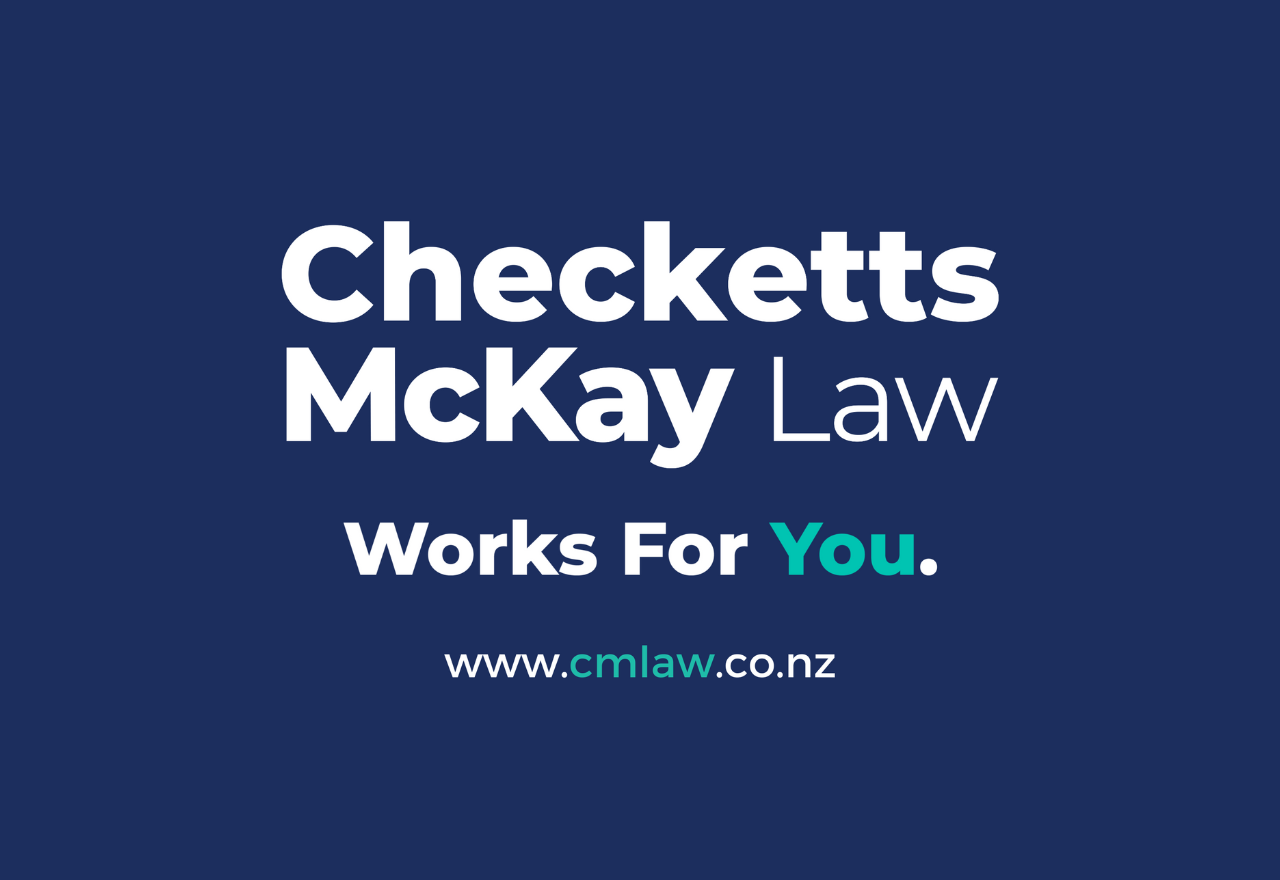Contracting Out Agreements (Law blog)
Checketts McKay Law
05 October 2025, 8:00 PM
 Written by (L to R) Bridget Liggins and Emma Tompkins
Written by (L to R) Bridget Liggins and Emma Tompkins What are they, and why are they so common in modern-day relationships?
Contracting Out Agreements (“COA”), on the face of it, can look like a guarantee of impending doom for relationships. However, they serve a very important purpose in our relationships. The Property (Relationships) Act 1976 (“PRA”) applies to three main types of relationship; marriage, civil union, and de facto relationship.
To qualify for equal sharing of relationship property, the relationship generally must have lasted at least three years, however, the principle of equal division of property may still apply in special circumstances, such as when children or significant assets are involved.
A COA, provided for by section 21 of the PRA, can ensure that any assets, property, or money are divided in accordance with an agreement made by you and your respective partner, before any messiness of a relationship breakdown.
Why is this protection so important?
The PRA sets the default rule that relationship property is divided equally (50/50) when a relationship ends (by separation or death), unless there are extraordinary circumstances. A COA is the main legal tool to opt out of that presumption and set different terms. Without a COA, the Act will apply, even if one person has contributed an unequal share towards the wealth of the relationship. This can feel unfair in some situations.
The agreement essentially sets out that certain property (such as a family home, a business, Kiwisaver, or vehicles) will be considered separate property and is not to be divided equally. This provides couples greater certainty and control of their own affairs, reducing stress and conflict, not only throughout the relationship, but in the unfortunate event of separation.
It is important to note that relationship property not only consists of assets, property, and money, but also includes debts, insurance policies, and future acquisitions. This often comes as a surprise to couples, as many assume relationship property is limited to things they physically own together. For example:
- Debts: If one partner incurs debt during the relationship (such as a personal loan or credit card debt), that liability may be considered relationship property and shared equally, regardless of who benefited from the borrowing.
- Future acquisitions: Property that may not even exist yet can still fall under the PRA. This could include KiwiSaver growth, bonuses, or business income earned during the relationship.
Common Situations Where a COA Helps
While many people assume COAs are only for the wealthy, they are in fact a practical tool for a wide range of everyday situations. One common example is when one partner already owns a home before moving in together. Without an agreement, that home could become relationship property, leaving both parties with an equal share in the event of separation.
Another frequent scenario arises when a family business or family farm is involved. These types of assets are often intended to stay within a family line, but under the PRA they may be treated as relationship property once they are used for the couple’s common benefit. A COA allows couples to ring-fence such assets, reducing the risk of conflict later on.
Blended families also commonly benefit from a COA. Where one or both partners have children from previous relationships, it is often important to ensure that inheritances are preserved for those children. Without clear arrangements, the equal sharing rules of the PRA can undermine careful estate planning. Particularly in the event of the death of a partner as the surviving partner has the option to choose between taking under the deceased’s Will or applying for a division of relationship property under the PRA. This can have significant consequences for blended families.
In each of these examples, the COA provides certainty, clarity, and a sense of fairness. Rather than being a signal of mistrust, it can be seen as a practical step to safeguard both partners’ intentions and avoid unnecessary disputes.
What Makes a COA Valid?
A COA is not as simple as writing down an agreement on paper and signing it together. For the agreement to be legally binding, certain requirements must be met under the PRA, including:
- Written form: The agreement must be in writing and signed by both parties.
- Independent legal advice: Each party must receive advice from their own lawyer, who will explain the effects and implications of the agreement.
- Certification: The lawyers must certify that they have given this advice and witnessed the signing.
- Full disclosure: Both parties are expected to disclose all assets, debts, and financial information to their lawyers, so the lawyer can provide the appropriate and necessary legal advice as to their entitlements under the RPA. If important details are left out, the agreement can later be challenged.
These safeguards exist to ensure that the agreement is fair, transparent, and that both parties truly understand what they are signing.
How Checketts McKay Law Can Help
At Checketts McKay Law, we have deep roots in Otago and understand the unique challenges our clients face. Many of our clients are involved in farming, viticulture, tourism, or small business, where assets are not just property but part of a family legacy. Others are first-home buyers in a market where property values have soared, requiring us to utilise the Bank of Mum and Dad more so now than in the past. In all situations, having a COA in place can make a significant difference.
Our team provides the independent legal advice required for a valid COA and ensures that agreements are fair, practical, and future-proof. We take the time to understand your circumstances, explain your options clearly, and help you protect the things that matter most—whether that’s a farm, a vineyard, a business, or your family’s financial security.
By working with Checketts McKay Law, you get local expertise combined with a personal approach, giving you confidence that your COA is robust and tailored to your needs.
A Contracting Out Agreement is not about planning for failure, but about creating certainty and fairness. By setting clear rules around property and assets, couples can reduce stress, protect what matters most, and focus on building their future together. For tailored advice and support, Checketts McKay Law is here to help Central Otago families and couples put the right protections in place.
17 Dunmore Street, Wānaka


